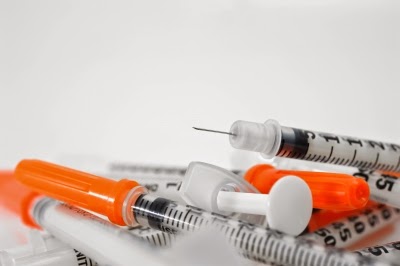From PRBuzz
According to the creator of the new 2015 app, Alcohology, there's a wide gulf between what people think alcohol does for them and what alcohol does to them. Case in point: The National Institute on Alcohol Abuse and Alcoholism notes that less than10 percent of the public realizes alcohol is a carcinogen. “That's the core of what Alcohol Awareness Month is about: Education...not some new take on Prohibition,” says author Scott Stevens.
The app is targeted toward health and counseling professionals, drinkers – whether they have the disease of alcoholism or just consider themselves moderate drinkers – and anyone concerned with a loved one's drinking. Stevens, author of the recovery book, Every Silver Lining Has a Cloud, created the application, “because sometimes the swaying factor among many is knowing what alcohol does to otherwise healthy tissues.” The app is free in the Google Play Store and in Kindle Apps. An IOS version is planned.
The app features short, topical videos on the evidence-based studies on alcohol and dismisses the 'junk science' touting alcohol's health benefits. “Take the emotion out of a loaded public-health issue and rampant family drama and take the facts first,” says Stevens. “Not observational-studies, but some of the quality, recent research, will break a few myths and knock down some resistance to choosing abstinence over moderate or heavy drinking.”
The journalist and author frequently reports on alcohol-related health issues and notes the Centers for Disease Control and Prevention (CDC) last year identified alcohol as the third-leading cause of preventable death and illness in the U.S. “Alcohol-involved car wrecks take about 1 out of every eight of the 89,000 annual deaths linked to alcohol use. The alcohol issue is broader than drinking and driving. It's a $226 billion annual health, wellness and productivity concern.”
Stevens knows all too well about the trials of alcohol and recovery. His award-winning non-fiction books are unique, bold takes on sobriety, relapse and recovery. And he's in recovery himself, after a two-liters-a-day drinking problem. “I've had to eat my own cooking, sure, but this app is also geared toward moderate or occasional drinkers. You don't need to have a drinking problem to be a problem drinker. This is a toxin the body doesn't favor much. The app is clear about that.”
ABOUT THE AUTHOR
Stevens is a noted journalist on alcoholism. His two books on alcoholism include What the Early Worm Gets. For more information on the books or new app, please visitwww.alcohologist.com
Stevens is a noted journalist on alcoholism. His two books on alcoholism include What the Early Worm Gets. For more information on the books or new app, please visitwww.alcohologist.com

.jpg)






